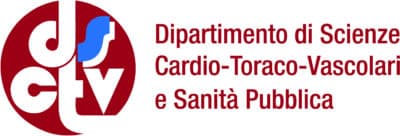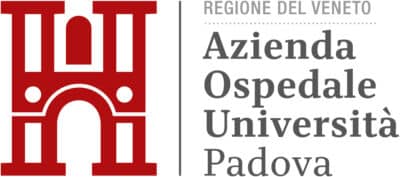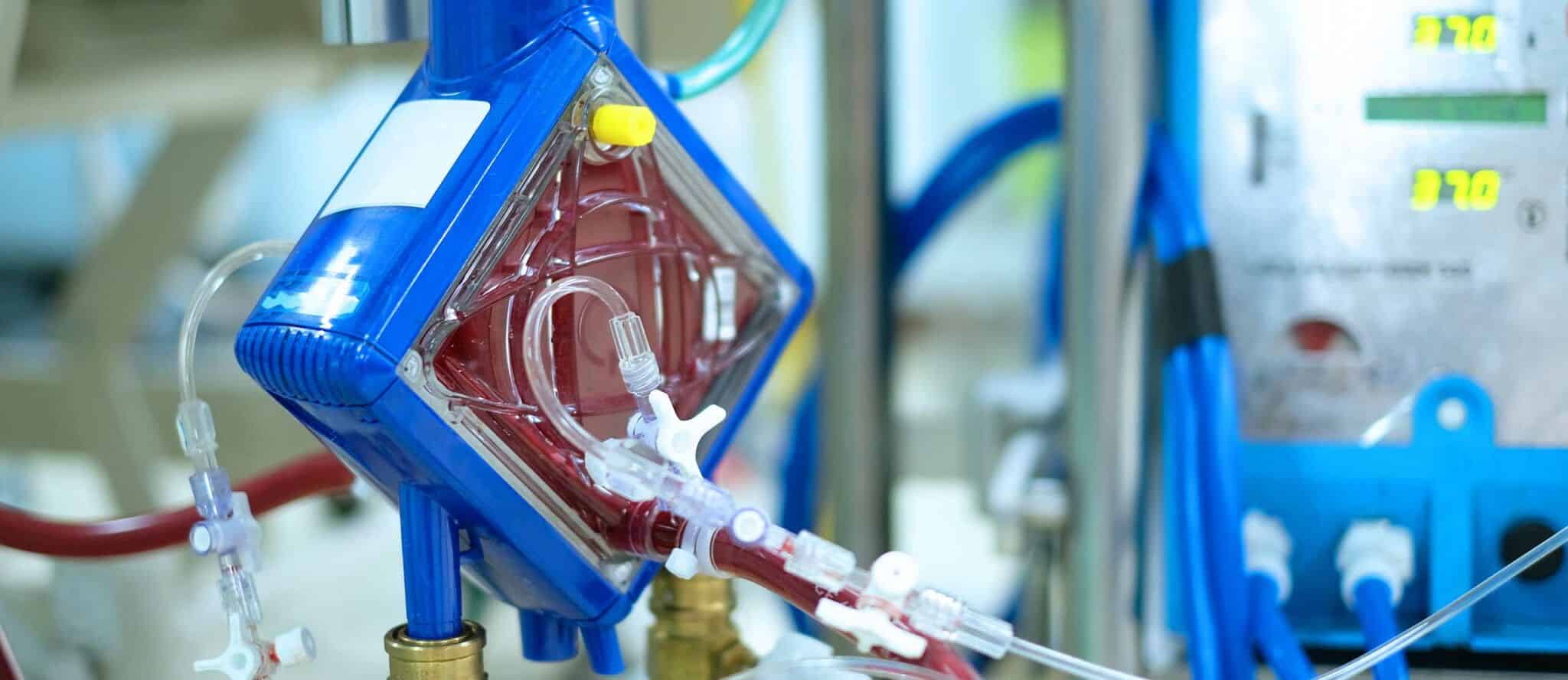

The Master’s Degree in Cardiocirculatory physiopathology and extra-corporeal circulation techniques in paediatric patients prepares cardiocirculatory physiopathology professionals working in the paediatric cardiac surgery field.
The course will focus on the anatomy and physiopathology of congenital heart diseases and on paediatric extra-corporeal circulation methods, with particular focus on innovative and/or specific paediatric perfusion techniques, such as Vacuum assisted venous drainage, Continuous UltraFiltration – CUF, Modified UltraFiltration – MUF; cardioplegia techniques and types; peripheral access for mini-invasive surgery; cardiac transplants in children; neonatal and paediatric ECLS; ECMO Hub and Spoke. It will also include insights on paediatric cardiac electrophysiology and echocardiography and extra-corporeal purification in critical paediatric patients.
The Master’s Course mainly focuses on the surgical field and on cardiocirculatory perfusion in paediatric and adult patients with congenital diseases.
The course units of the Master’s Degree in Cardiocirculatory Physiopathology and Extra-Corporeal Circulation Techniques in Paediatric Patients are organized in three thematic areas, which provide a complete preparation to attendees:
- Anatomy, physiopathology, congenital heart disease medicine;
- Surgical management of congenital heart diseases;
- Extra-corporeal circulation techniques in paediatric patients.
The Master provides specific technical competencies to optimally manage extra-corporeal circulation (ECC) in paediatric and neonatal patients, through innovative methods, and haemodialysis techniques during the ECC, in the anatomy and physiopathology of congenital heart diseases, in how to manage a paediatric ECMO, and in the infusion of cardioplegia.
The Master’s Degree in Cardiocirculatory Physiopathology and Extra-Corporeal Circulation Techniques in Paediatric Patients provides specialist, theoretical and practical training to extra-corporeal circulation operators for paediatric, neonatal and adult patients with congenital heart disease, and it represents an opportunity to improve the professional’s profile on these aspects
The Master’s Degree in Cardiocirculatory Physiopathology and Extra-Corporeal Circulation Techniques in Paediatric Patients provides training on:
Module 1: Anatomy, physiopathology, congenital heart disease medicine
Field specialists (pathologists, cardiologists, anaesthesiologists, intensivists) will carry out a series of in-person lectures and workshop, covering the anatomical basis of congenital heart diseases (with vision of anatomopathological findings and artificial 3D anatomical models), their peculiar physiopathology, diagnostic and imaging methods, medical pre- and after-surgery management, with medical cases.
Module 2: Surgical management of congenital heart diseases
Field specialists (paediatric and congenital heart disease cardiac surgeons) will carry out a series of in-person lectures, covering – also with medical cases – the different types of palliative or corrective surgery, the surgery logic, the options of short- and long-term cardiocirculatory mechanical support. The focus will be on team-work with the perfusionist during extra-corporeal circulation.
Module 3: Extra-corporeal circulation techniques in paediatric patients
Field specialists (both internal and external, national and international) will carry out a series of in-person lectures covering – also with medical cases – the different types of ECC; the peculiar nature of paediatric ECC and its difficulties; characteristics of oxygenators and of the different roller or centrifugal pumps; concepts of CUF and MUF; cardioplegia techniques and the different types of cardioplegia; deep hypothermia; circulation arrest; cerebral or selective perfusion techniques; ECMO; use of a Ventricular Assist Device (VAD); assisted venous draining system; mini-invasive surgical perfusion techniques; assistance during neonatal and paediatric ECMO Hub, with management during transport.
During the Master’s Degree in Cardiocirculatory Physiopathology and Extra-Corporeal Circulation Techniques in Paediatric Patients, it will be possible to attend to all training events and conferences organized by the organizing centre at no additional costs, such as the Annual Refresher Course in Paediatric Cardiology, the weekly multidisciplinary meetings, the monthly journal clubs, the simulation courses and the different field-specific seminars.
The Master’s Degree in Cardiocirculatory Physiopathology and Extra-Corporeal Circulation Techniques in Paediatric Patients has a duration of twelve months, and is organized in a series of in-person educational activities (lessons, seminars with national and international lecturers) and a series of technical seminars in dual mode.
The calendar for both in-person lessons and seminars will be notified on a quarterly basis.
Attendance can be complemented by traineeships (from a perfusionist affiliated) in the operating room, during cardiac surgeries. Attendance to the lessons and the traineeship will be certified through a sign-in sheet, and a minimum attendance of 70% is required. Attendance during the clinical activities is highly recommended, and it will consist in observations in the operating room or in the ward.
During the traineeship, attendees will have access to all activities in the OR and in the after-surgery intensive care unit, always accompanied by their tutor. The traineeship period will be agreed on an individual basis with each attendee.
The general ranking of merit for the academic year 2023/24 will be published on the Italian page of this Master according to the timing provided in the Call.
Information
FAQ
Distance learning will take place through online meetings on the Zoom platform, through a link provided to all participants.
The traineeship is recommended, but not mandatory; those who want to attend, can agree the methods and frequency with the tutor.
Unfortunately, there are no forms of facilitation available.
The minimum attendance (both in-person and in dual mode) required is at least 70% of the total hours of lessons.
In order to obtain the Master’s Diploma, no dissertation is required, only an oral interview with the committee; however, those who are interested, can draft a dissertation/paper (with the tutor’s support), which could then be published on a peer-reviewed magazine.

